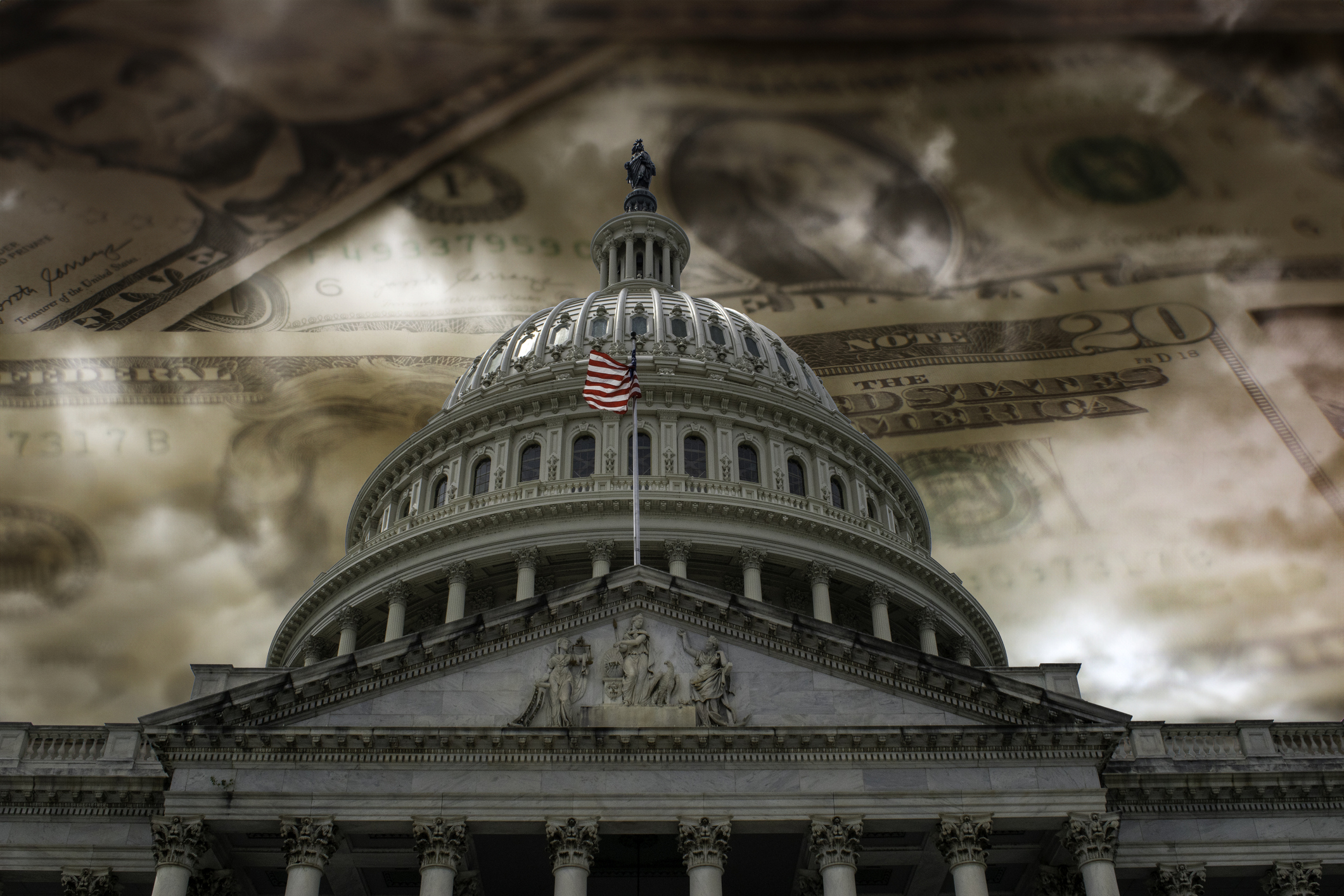
With 2025 shaping up to be a monumental year for tax policy, Congress is knee-deep in negotiations over a tax-heavy budget resolution that could redefine large portions of the Tax Cuts and Jobs Act (TCJA) and other key provisions. The Senate’s latest move to greenlight an extension of the TCJA with no official deficit impact has created some controversy on Capitol Hill.
TCJA Extensions Get a Scoring Makeover
In the early morning hours of Saturday, April 5, the Republican-controlled Senate passed a budget resolution that would permanently extend the expiring TCJA provisions (set to expire at the end of 2025). Here’s the kicker: they’re scoring the TCJA extension as having no cost to the deficit, as leaders assert it is an extension of the current tax rates now in place. Senate Budget Committee Chairman Lindsey Graham announced using "current-policy baseline" to score the tax bill — a move that differs from decades of budget scoring precedent.
This controversial scoring method allows lawmakers to claim fiscal responsibility on paper, as it is not a tax cut as some others argue; rather, it is an extension of the current tax rates.
Some groups, including the Committee for a Responsible Federal Budget (CRFB), estimate the actual cost of this budget resolution at $5.8 trillion, most of this relates to the TCJA provisions that if allowed to sunset next year, would result in across-the-board jump in taxes. Is that actually a cost, or just avoiding a tax increase? It depends on how you look at it, and that’s what Congress is dealing with now in this budget resolution.
Under this scoring method utilized by the Senate, the extension of TCJA is scored as having no deficit impact, the budget resolution that passed further allows for $1.5 trillion in tax cuts, net of any savings from government spending cuts and net of any tax revenue increases.
Spending Cuts on the Table
To balance the books (or at least attempt to), Republicans are targeting major spending reductions. Several possible proposals include:
-
Potential reforms to SNAP benefits (but again, not the recipients of these programs, but targeted as abuses) and claw backs from federal programs like Biden’s student loan repayment plans, which could yield up to $300 billion in savings over a decade.
Carried Interest: Revenue-Raising Favorite
One potential revenue-raiser gaining traction is closing the “carried interest loophole” — a long-debated tax benefit primarily benefiting private equity managers. While previous efforts at reform on this subject have failed, the estimated $15- $20 billion in potential revenue over 10 years has made this a possible piece in this 2025 puzzle. Reform could involve treating carried interest as ordinary income, a move that's increasingly palatable to both sides of the aisle amid deficit concerns, but tax practitioners should be mindful of for the added complexity with partnership reporting that may come with this change.
SALT Deduction Update
Few issues generate as much regional drama as the State and Local Tax (SALT) deduction cap. The original $10,000 cap from TCJA remains a sore spot, especially for lawmakers in high-tax states, such as New York, New Jersey and California. President Trump has signaled openness to lifting the cap, and GOP moderates like Rep. Mike Lawler (R-NY) have been clear: "No SALT, no deal."
Proposals range from full repeal to doubling the cap, but even modest changes could cost the federal government hundreds of billions over a decade. A recent proposal that surfaced has the SALT cap being revised upward to $25,000 annually. While some Republicans see the SALT issue as a blue-state subsidy, others from those states argue it’s about fairness and preventing double taxation. So, prospects are for this SALT limit to be raised. Another idea that recently surfaced was to create a SALT limitation deduction for C Corporations. We should continue to monitor the legislation for more details of this proposal.
What's In, What's Out?
Based on policy forecasts now (and this could change quickly):
Likely IN:
- Extension of individual TCJA tax cuts (with possible tweaks to the Child Tax Credit)
- Business incentives, like 100% bonus depreciation, current R&D expensing, and changes with the interest expense limitation
- Campaign themes — with no tax on tips and overtime likely to be included in some manner, but details are still to be formulated
- Inflation indexing of certain provisions
Likely OUT:
- Corporate tax rate hikes — in fact, a possibility the corporate tax rate could instead be cut to 15% for domestic manufacturers
- Deep Medicare and Medicaid reforms
The Road Ahead
The House must now pass the Senate version of this budget resolution passed on April 5, 2025. Speaker Johnson hopes to muscle this through by the end of the week. Passage is not assured, as some Republican legislators have voiced concerns with the Senate resolution, and they have a razor thin margin to work with in the House.
Passage of the Senate bill would then allow for the actual details of the bill to be drafted by the various congressional committees. Of note for most CPAs, will be the tax provisions ironed out by the House Ways & Means Committee and Senate Finance Committee.
Congressional leaders hope to have the comprehensive bill completed in early May, in what is famously being referred to as “One Big Beautiful Bill.” It will most likely contain TCJA tax policy extension, as well as new tax breaks, border security, tax revenue-raising provisions, and government spending cuts.
With committees racing toward a May 9, 2025, deadline to write the tax bill, and only a narrow path through reconciliation, every detail matters. The Senate’s decision on its baseline scoring method with the TCJA extensions may accelerate the process, but it could also impair bipartisan support if some fiscal hawks or moderates revolt. Much drama remains to be played out in Washington.